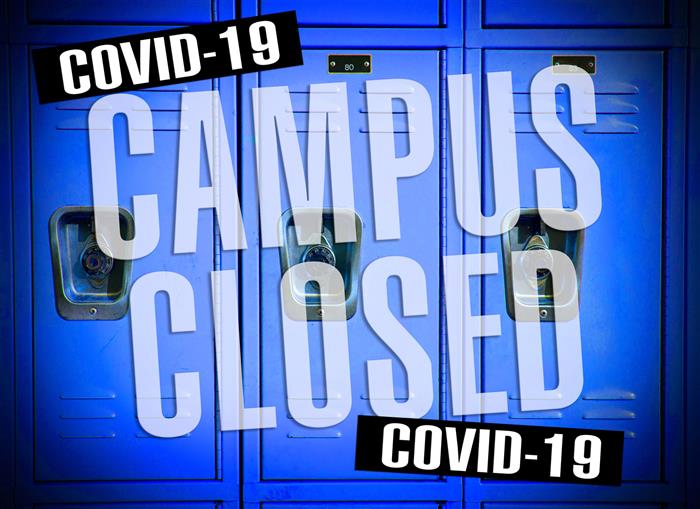
Log In


If you're a high school or college student, or a parent of either, you may be wondering how the novel coronavirus (COVID-19) affects you, your child(ren), and the world of higher education. From educators to college administrations, and the federal government, many individuals are working tirelessly and quickly to address students' and parents' concerns, as well as create financial assistance, breaks, and educational plans. Here are some other latest developments to stay on top of:
Congress recently introduced a $3 billion bill to support K-12 and higher education students amid the COVID-19 pandemic, titled Supporting Students in Response to Coronavirus Act, HR 6275. The grant funding provided through this act would provide and support the following:
President Trump has proposed a plan to waive interest on college federal student loans. Student loan servicers are ready to begin the implementation process as soon as there is guidance from the Department of Education on the specifics and requirements. Any borrower with a federally-held loan (i.e. direct loans, FFEL or Family Federal Education Loans, Perkins Loans, Parent Plus and Grad Plus) will have interest waived automatically during this period and will not have to apply for an interest waiver. Once the policy goes into effect, it will be retroactive to Friday, March 13, 2020. It’s advised that student loan borrowers "shouldn't stop paying your student loans unless the pandemic has hampered your ability to do so."
As the number of reported COVID-19 cases increases, colleges are canceling study-abroad programs, moving courses online, and even asking students to leave campus. Some schools have prorated semester room and board charges for those able to return home. For students at select colleges who have "no other [housing] option," they were allowed to petition to stay on campus; though many of the petitions have been denied. At certain colleges and universities, the transition off-campus coincides with the end of the quarter or spring break. Mass student departure also threatens the "well-being of nonessential staff members, such as food workers" and even student workers.
Nearly 150 colleges have pushed back their May 1 admissions deposit deadline - also known as the National Candidates Reply Date - to June 1 so as to give applicants more time to make a decision during an unprecedented crisis. Schools that plan on keeping the original deadline believe that pushing the deadline will only add to familial angst, especially given that most students have been in the process for at least 16 months.
Due to the 30-day travel ban from Europe, some students studying abroad have been scrambling to come home while others have remained in place to avoid the risk of exposure to the disease by travel. (American citizens are able to enter the U.S. after being screened.) The U.S. Centers for Disease and Control and Prevention issued guidelines and recommended American colleges and universities "consider postponing or canceling student foreign-trade programs," according to the Chronicle of Higher Education.
The NCAA has canceled all spring postseason tournaments, including March Madness. It was reported that the NCAA had once created a nearly $400-million rainy-day fund to help cover the cost of such cancellation, but ultimately spent it, including a "$208.7-million legal settlement with athletes who had not received scholarships covering the full cost of attendance" at their schools, according to the Chronicle.
More than a dozen four-year universities are expanding pass/fail options for students to increase flexibility during this critical time and help mitigate their anxiety. Typically, this option is only given to students for a limited number of classes and students must make a commitment before a course begins or e